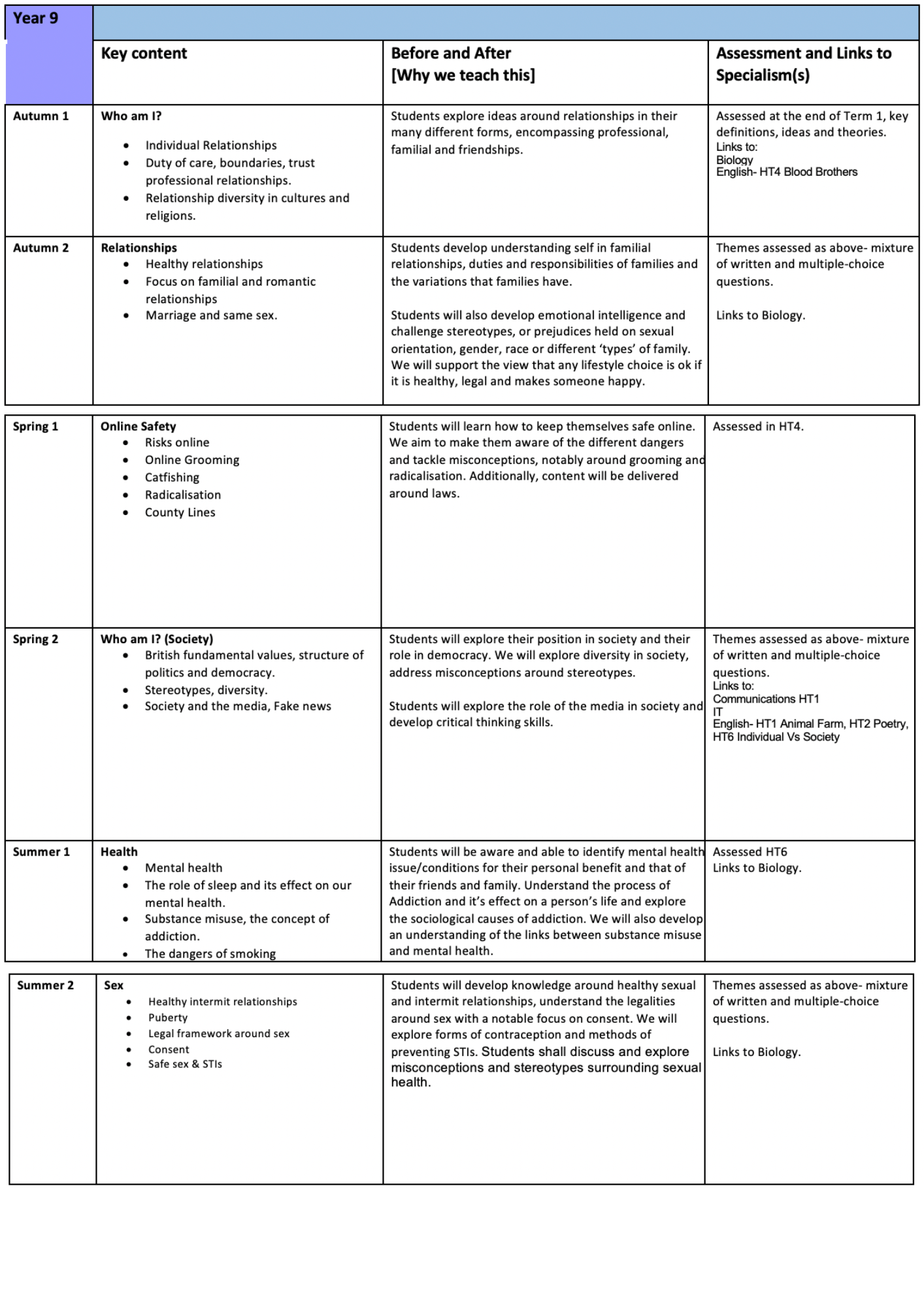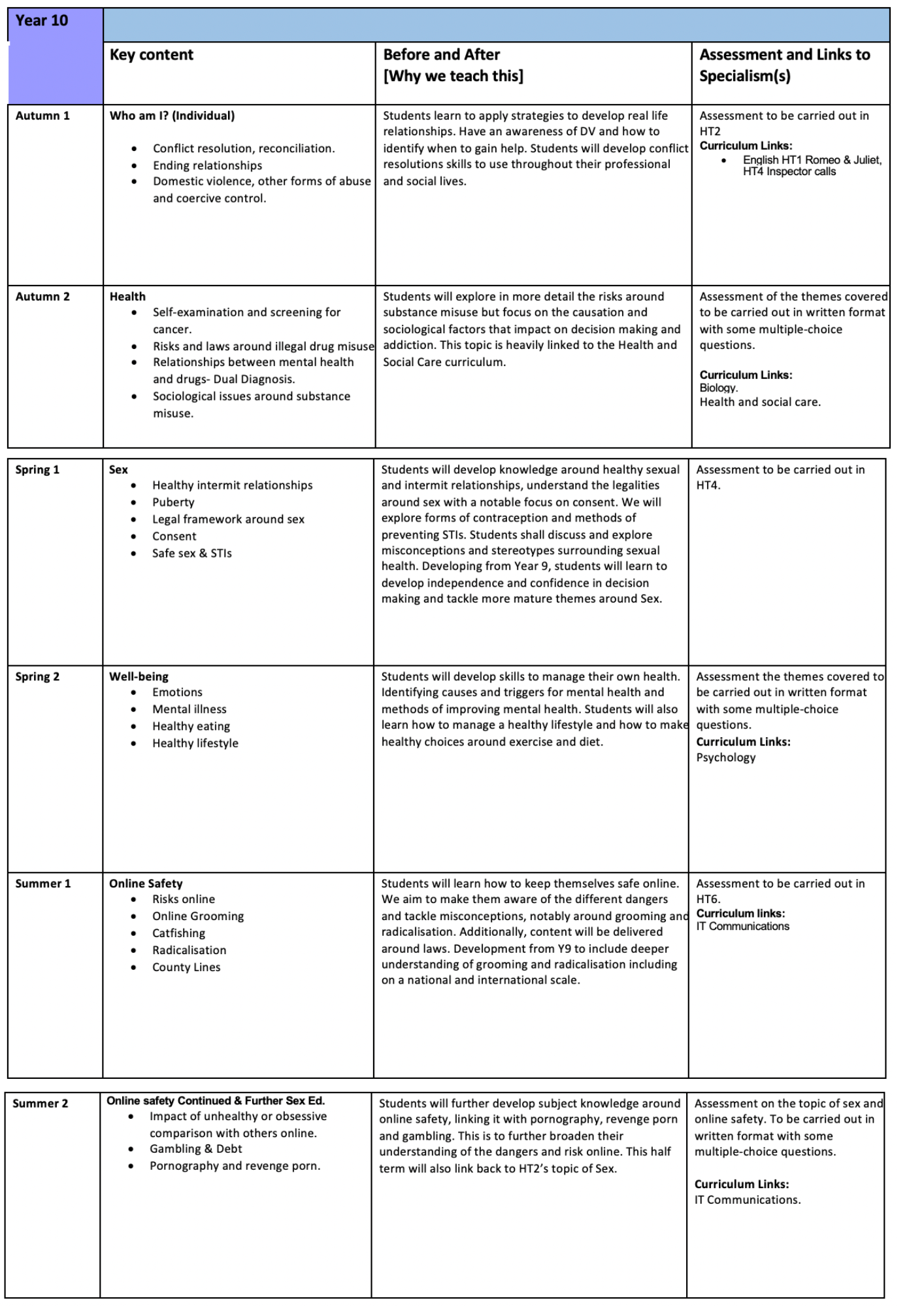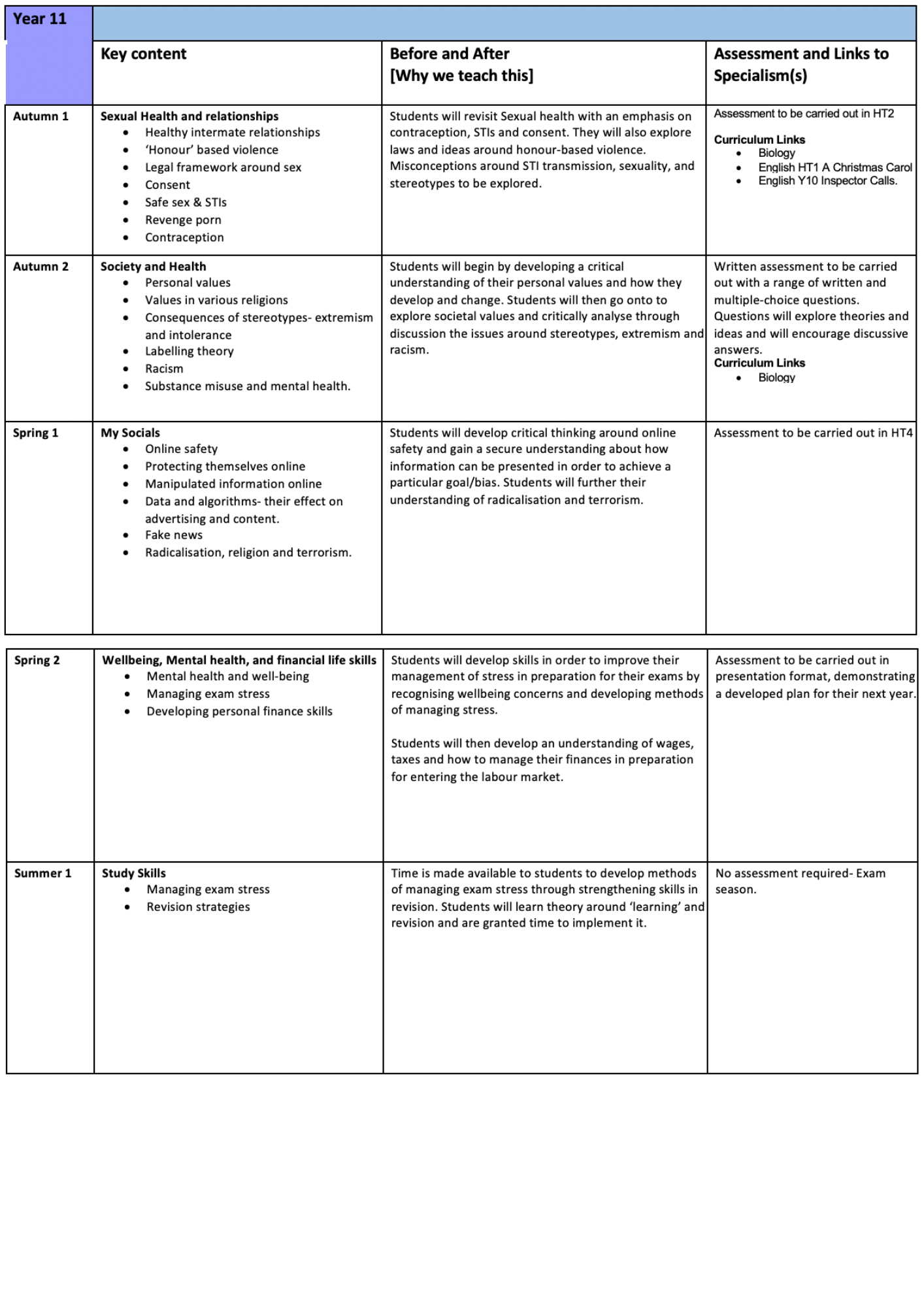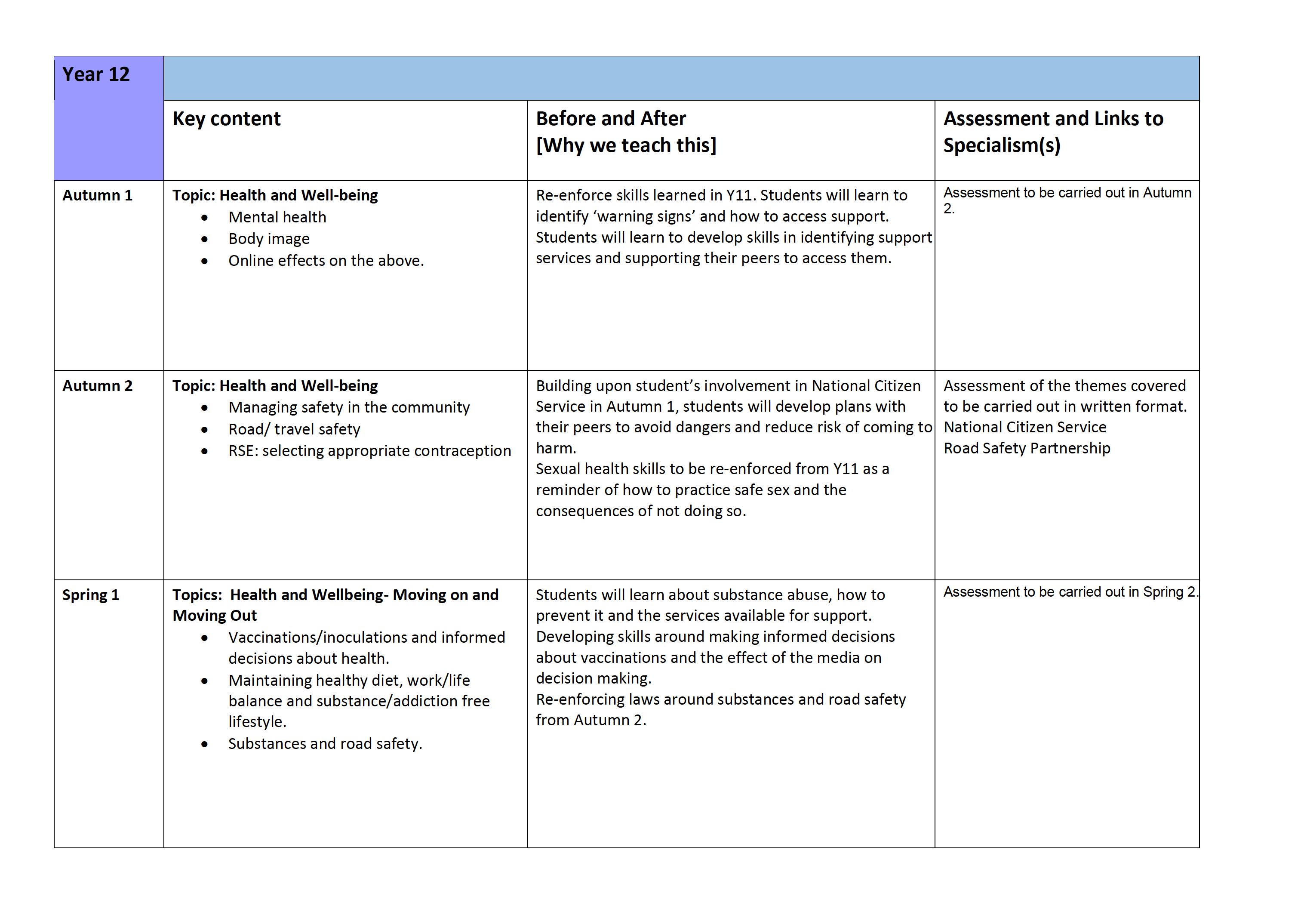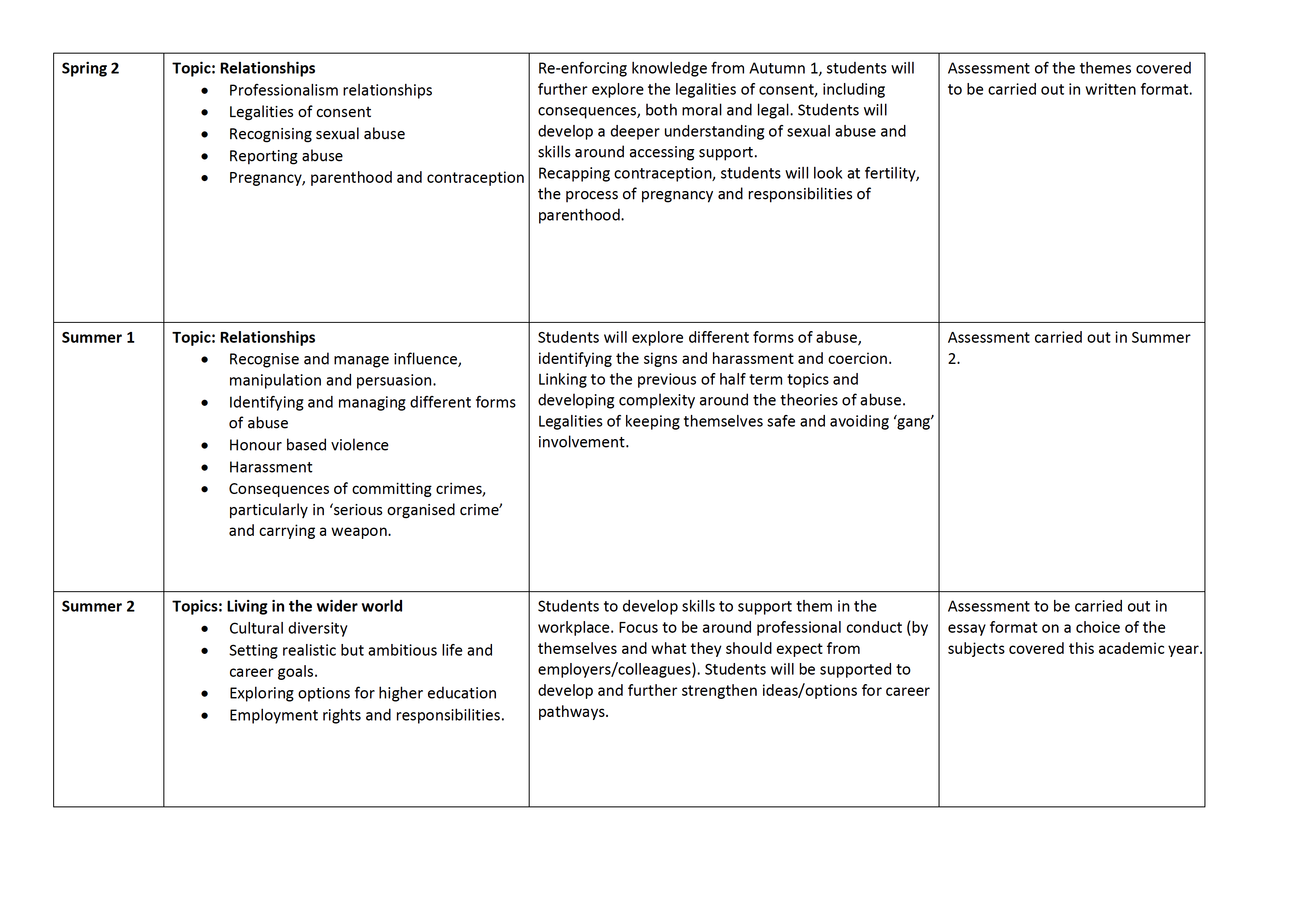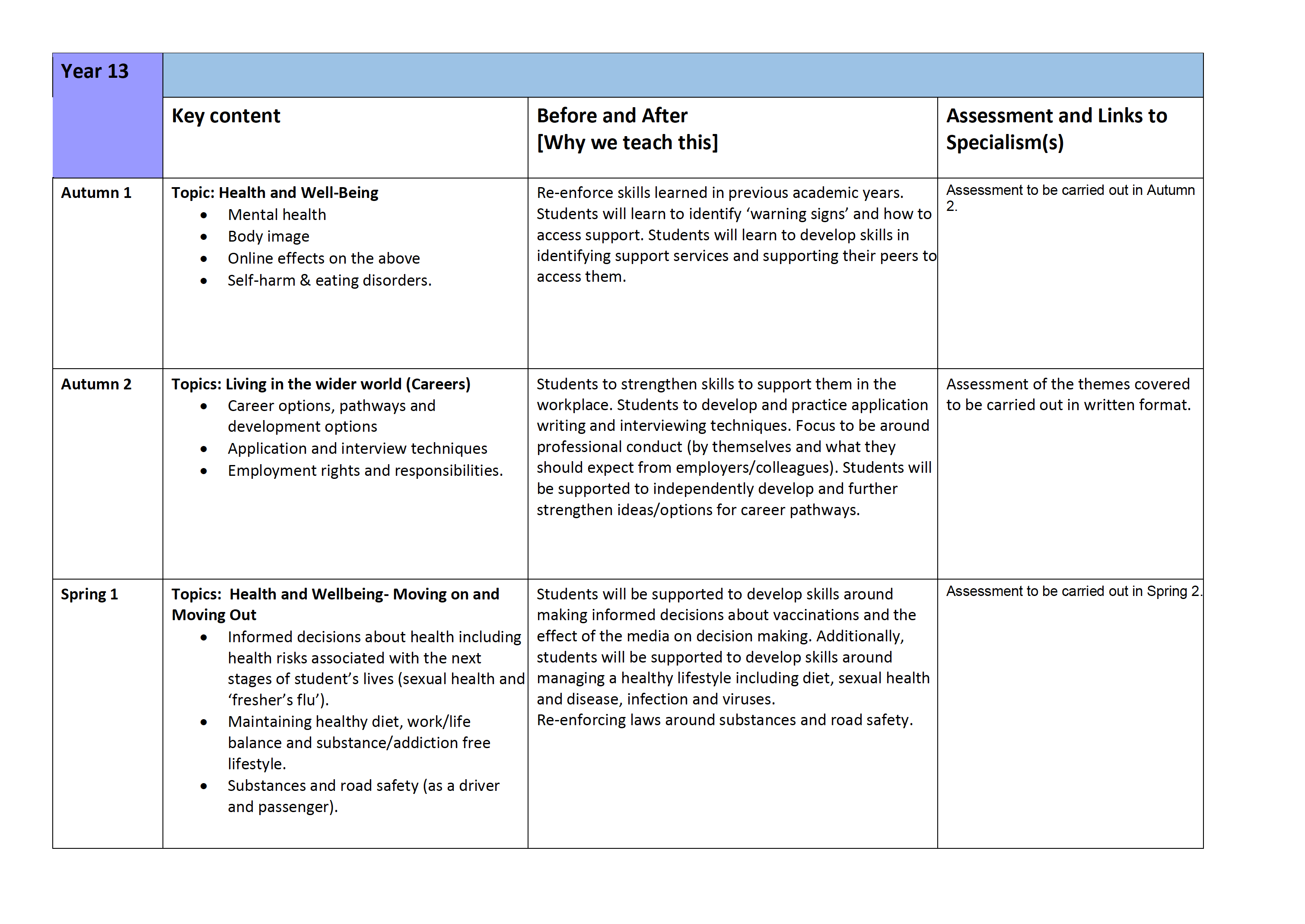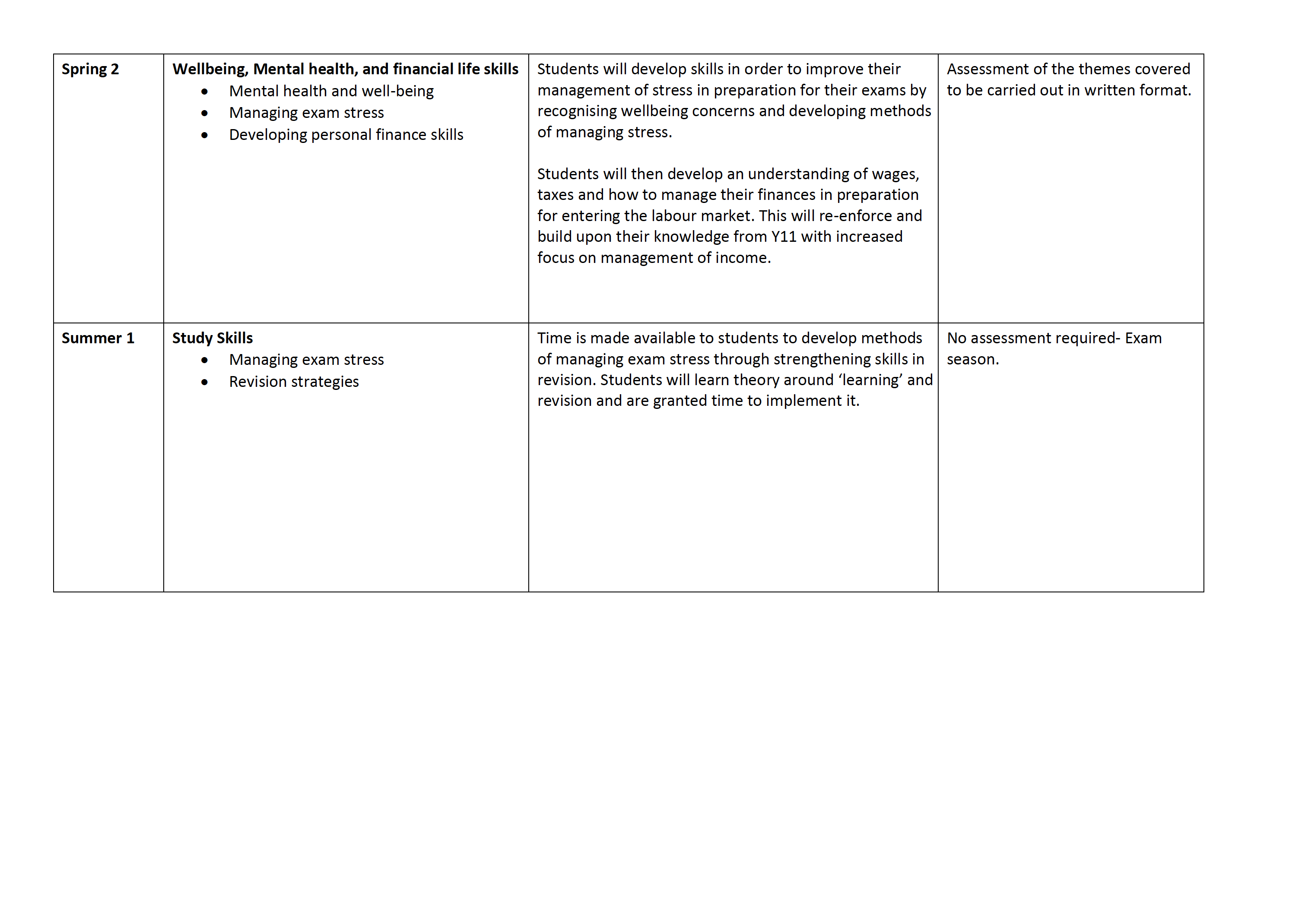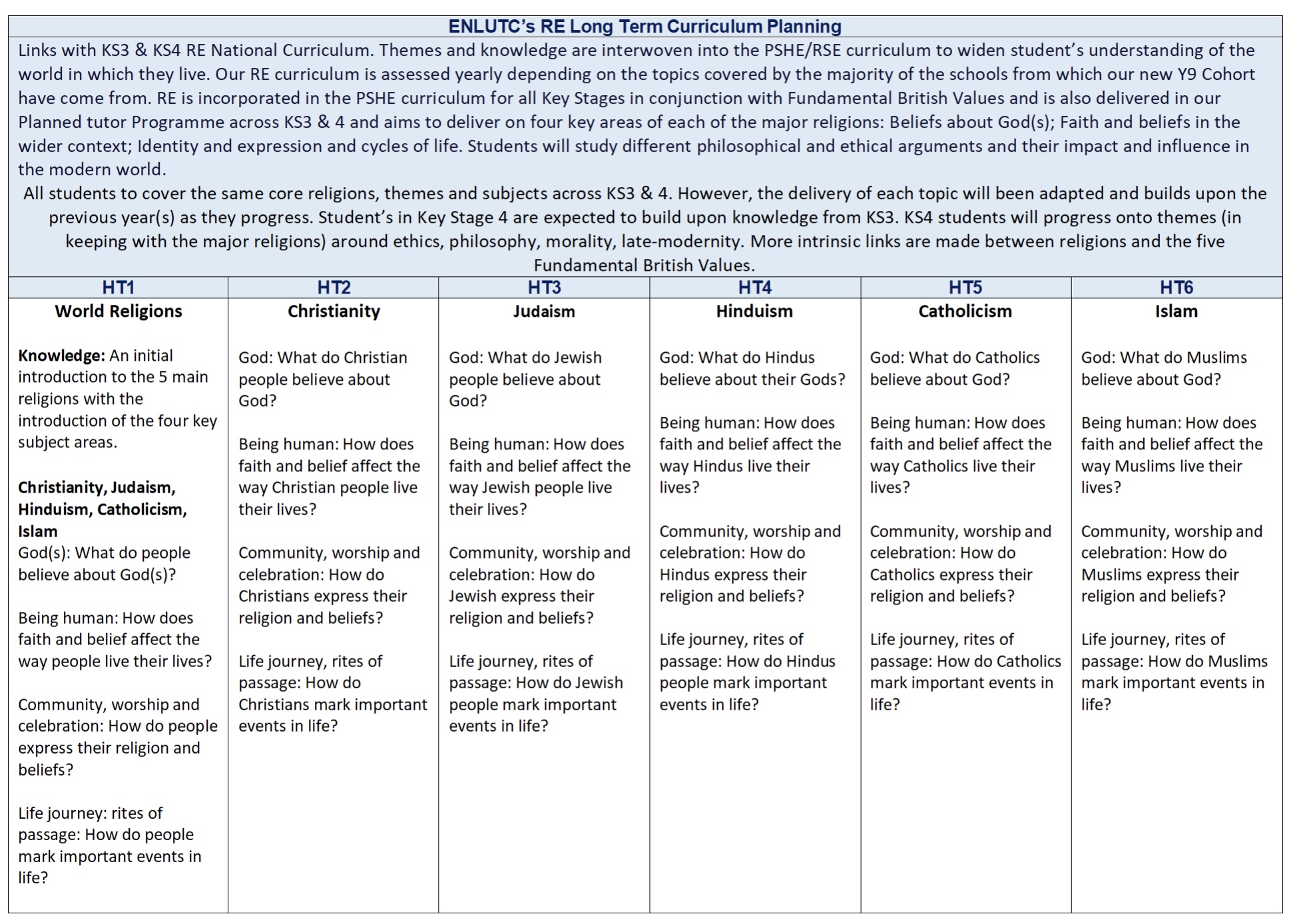Fundamental British Values and SMSC – Self
- Self-knowledge, self-esteem and self-confidence.
- Encourages students to accept responsibility for their behaviour, show initiative, and to understand how they can contribute positively to the lives of those living and working in the locality of the school and to society more widely.
Fundamental British Values and SMSC – Others and Society
- To distinguish right from wrong and to respect the civil and criminal law of England.
- Enable students to acquire a broad general knowledge of and respect for public institutions and services in England.
- Further tolerance and harmony between different cultural traditions by enabling students to acquire an appreciation of and respect for their own and other cultures.
- Encourage respect for other people and encourage respect for democracy and support for participation in the democratic processes, including respect for the basis on which the law is made and applied in England.
- An understanding that the freedom to choose and hold other faiths and beliefs is protected in law.
- An acceptance that other people having different faiths or beliefs to oneself (or having none) should be accepted and tolerated, and should not be the cause of prejudicial or discriminatory behaviour; and
- An understanding of the importance of identifying and combatting discrimination.
Religious Education
Themes and knowledge are interwoven into the PSHE/RSE curriculum to widen student’s understanding of the world in which they live. Our RE curriculum (especially KS3) is assessed yearly depending on the topics covered by the majority of the schools from which our new Y9 Cohort have come from. RE is incorporated in the PSHE curriculum for all Key Stages in conjunction with Fundamental British Values and is also delivered in our Planned tutor Programme across KS3 & 4 and aims to deliver on four key areas of each of the major religions: Beliefs about God(s); Faith and beliefs in the wider context; Identity and expression and cycles of life. Students will study different philosophical and ethical arguments and their impact and influence in the modern world.
Why a STEM education?
The word STEM is an acronym for science, technology, engineering and mathematics. STEM subjects are important as not only do they pervade every part of our lives but is also a hugely exciting area, offering the chance for individuals to continue changing and developing the world we live in. At it’s very core, a STEM education is about a young individuals ability to make a meaningful connection between school, community and global issues.
- Science is everywhere. Studying science provides a better understanding of the world around us and continues to help shape the modern world we live in
- Technology is continuously expanding into every aspect of our lives. It makes the world run efficiently and serves a variety of purposes to different people
- Engineering covers a wide range of disciplines and helps to find solutions for everyday problems. As the world continues to change, engineers are usually found at the forefront of much of these developments
- Mathematics is used on a daily basis, far more often then you may realise! Maths helps us to think analytically and have better reasoning abilities
Careers guidance.
You’re never too young to start thinking about your future career opportunities. At the ENL UTC, our extensive careers programme underpins everything we do to ensure our students get the best opportunities, build vital skills and learn alongside some of the region’s largest employers. Designed to put you ahead of the competition and fast-tracked into your dream career.

